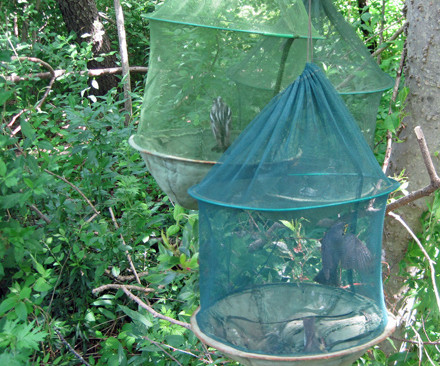Flight Paths: A Book Review Written During Migration
10,000 Birds
MAY 2, 2023
Flight Paths traces the history of migratory research in nine chapters, starting with the earliest attempts to track birds, bird banding/ringing (which she traces back to Audubon), and ending with ‘community science’ projects such as Breeding Bird Surveys and eBird. Geological Survey.












Let's personalize your content